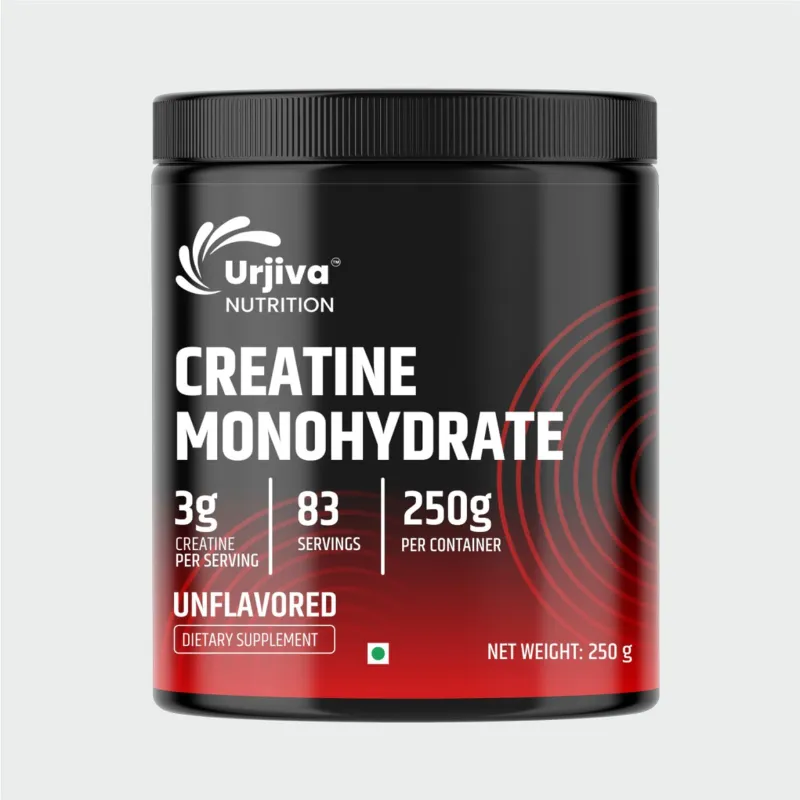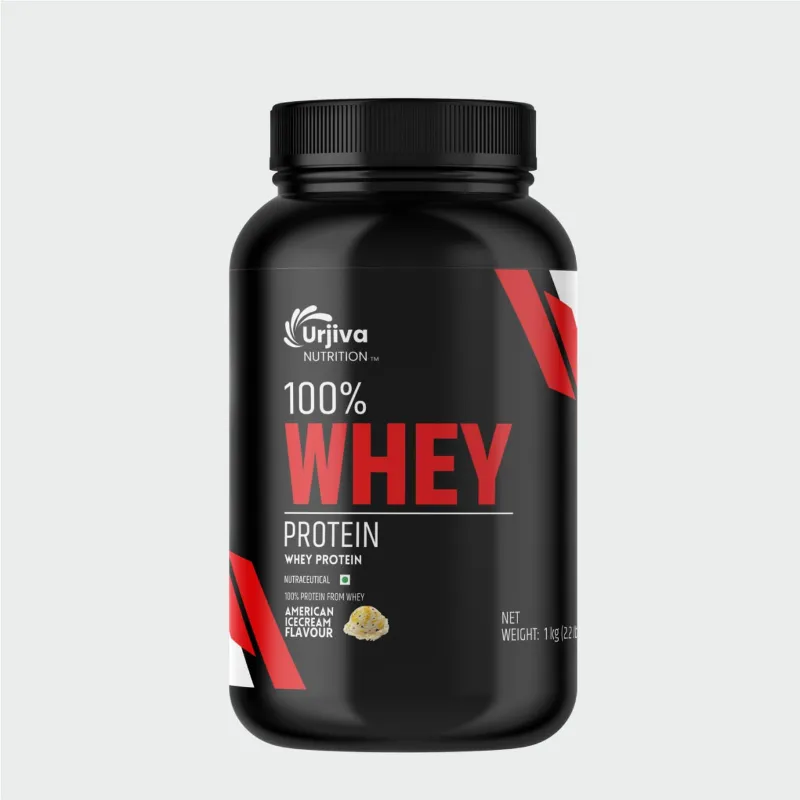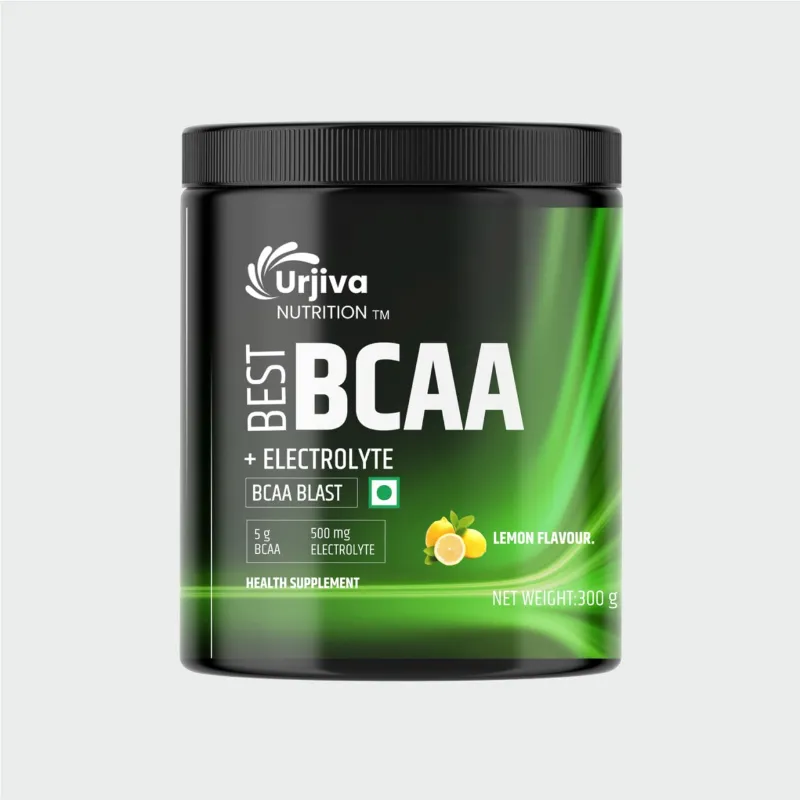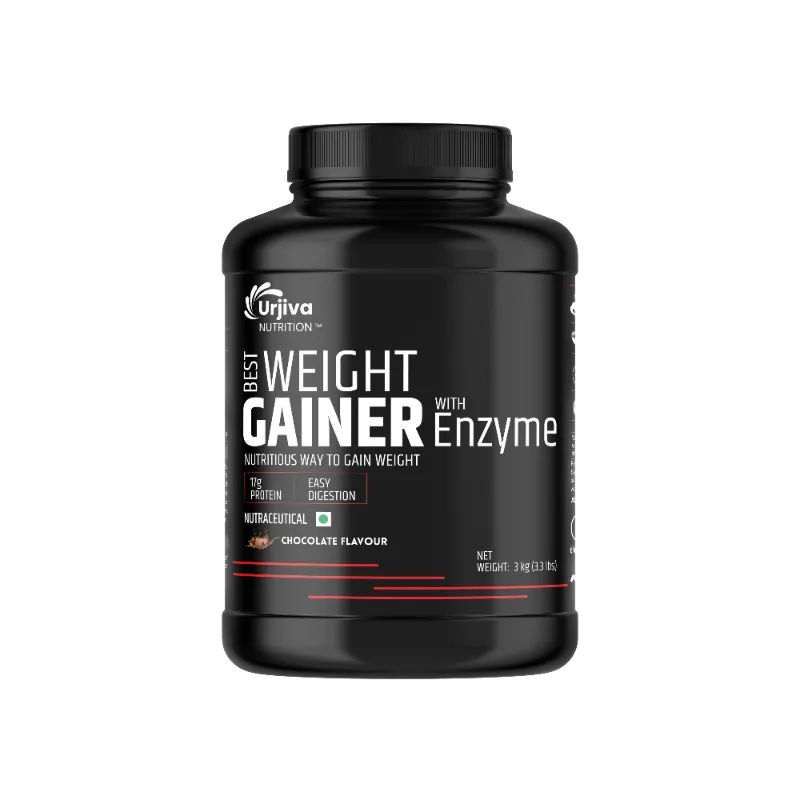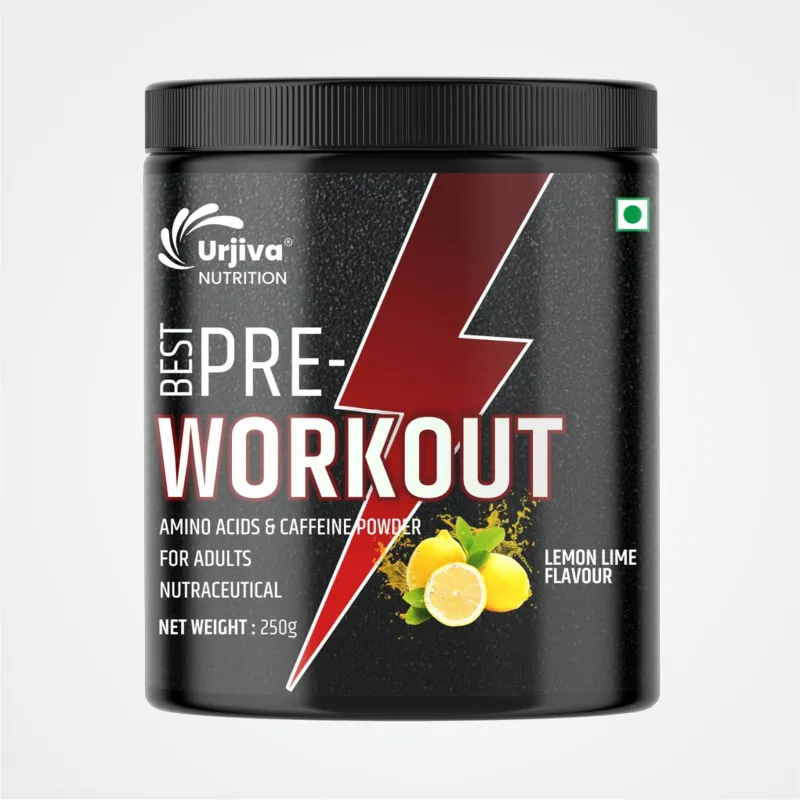One of the keys to unlocking peak fitness performance lies in matching your supplement intake to your workout intensity and frequency. As your body adapts to different training styles—whether it’s high-intensity interval training (HIIT), endurance-based cardio, or strength training—your nutritional needs evolve too. Supplements are crucial in filling nutritional gaps and enhancing your performance, recovery, and overall fitness outcomes.
This blog will explore why adjusting your supplement intake to align with the demands of your workout routine is essential and how doing so can optimize your fitness results. We'll also discuss which supplements to prioritize based on your workout frequency and intensity for maximum benefits.
1. Understanding the Role of Supplements in Fitness
Before diving into how supplement adjustments can improve your results, it’s important to understand the role supplements play in fitness. While your diet should provide most of the nutrients your body needs, intense and frequent training can increase the demand for specific vitamins, minerals, and macronutrients. Supplements, such as protein powders, amino acids, and multivitamins, help bridge the gap, ensuring your body gets everything it needs to perform and recover optimally.
But not all supplements serve the same purpose. Your body’s requirements change based on how often and how intensely you work out. For example, high-intensity training requires more energy, faster recovery times, and better hydration. Meanwhile, strength training focuses on muscle repair and growth, which demands an increased intake of proteins and amino acids.
This is why fine-tuning your supplement stack in relation to your training intensity and frequency is crucial.
2. High-Intensity Training: Increased Demand for Energy and Recovery
High-intensity training, such as CrossFit or interval-based workouts, burns through your body's energy stores rapidly. If you train at this level frequently, you'll need more than just a balanced diet to keep up. Your body requires additional energy, hydration, and muscle recovery support.
What to Take:
Pre-Workout Supplements: High-intensity training depletes energy quickly. Supplements that contain caffeine, beta-alanine, or creatine can help increase energy and improve performance during short bursts of intense exercise. Pre-workout formulas also contain nitric oxide boosters that enhance blood flow, helping deliver oxygen and nutrients to muscles during workouts.BCAAs (Branched-Chain Amino Acids): For those engaging in high-intensity training, BCAAs can significantly improve endurance and reduce muscle soreness. Taking BCAAs during your workout helps prevent muscle breakdown, allowing you to train harder and recover faster.Post-Workout Protein: After an intense session, your muscles need protein for repair. Fast-digesting protein supplements like whey isolate provide the necessary amino acids to promote muscle recovery and growth.Including products like Urjiva’s BCAA+ and protein supplements can be a great addition for those engaged in high-intensity workouts, as they support both energy production and recovery.
3. Moderate-Intensity Training: Balance and Consistency
Moderate-intensity workouts, such as steady-state cardio or general weight training, don’t deplete your energy stores as quickly as high-intensity training, but they still require adequate support for performance and recovery. Training at a moderate intensity may be less taxing on your body, but maintaining a consistent intake of key nutrients ensures that your body stays in optimal condition for continued progress.
What to Take:
Balanced Multivitamins: For those exercising regularly at moderate intensity, taking a multivitamin ensures that your body gets the essential vitamins and minerals it needs to support general health and performance. A multivitamin can help fill any dietary gaps, promoting consistent energy levels, muscle recovery, and overall well-being.Whey Protein: Regular training demands a steady intake of protein to repair muscles and promote growth. Whey protein, in particular, is great for helping you hit your daily protein targets and providing fast-absorbing amino acids after a workout.Creatine: Even if you’re not doing high-intensity training, creatine can still play a vital role in improving strength and endurance. It’s particularly effective for those involved in weight training or moderate-intensity strength exercises, as it enhances ATP production, the primary energy source for muscle contractions.Adding Urjiva’s multivitamins and creatine monohydrate supplements to your routine can help maintain energy levels, muscle function, and recovery during moderate-intensity workouts.
4. Low-Intensity Workouts: Focus on Recovery and Overall Health
Low-intensity workouts, such as yoga, light stretching, or walking, may not strain your body the way high-intensity workouts do, but they are essential for recovery and long-term fitness. The focus here should be on maintaining joint health, flexibility, and overall energy.
What to Take:
Omega-3 Fatty Acids: These supplements help reduce inflammation, support joint health, and improve cardiovascular function, all of which are important when engaging in low-intensity activities.Joint Support Supplements: If your fitness regimen includes activities that require flexibility and mobility, such as yoga or Pilates, joint support supplements containing glucosamine and chondroitin can enhance joint health, improve movement, and reduce the risk of injury.Hydration and Electrolytes: Even in low-intensity workouts, staying hydrated is important. Electrolyte supplements can help maintain hydration, especially if you engage in activities like hot yoga, where sweating is involved.For maintaining overall health and recovery during low-intensity exercise, Urjiva’s multivitamin gummies can offer the necessary nutrients while being easy and enjoyable to consume daily.
5. Frequency of Workouts and Supplement Needs
Apart from intensity, workout frequency also plays a huge role in determining your supplement intake. Someone who works out five to six times a week will have different nutritional needs compared to someone who works out twice a week. More frequent training means faster nutrient depletion and a greater need for supplements to support energy, recovery, and immune function.
Frequent Training (5+ days per week):
Increased Protein Intake: Frequent training puts constant strain on your muscles, so it’s crucial to meet your protein needs consistently. Supplements like whey or plant-based protein are essential for muscle recovery and growth when you're working out often.Intra-Workout BCAAs: For those training almost daily, intra-workout BCAA supplements can provide an extra layer of protection against muscle breakdown, while also reducing soreness between sessions.Multivitamins: Regular workouts can sometimes deplete essential vitamins and minerals, which are vital for muscle function and energy production. Taking a multivitamin helps keep your immune system strong and your body functioning at its best.Less Frequent Training (1-3 days per week):
Creatine for Strength Gains: Even with less frequent training, creatine can help improve strength and performance by supporting energy production during workouts.Omega-3s and Joint Support: While you're not putting as much strain on your muscles as someone who trains more frequently, it’s still important to support joint health and reduce inflammation with omega-3s or joint-support supplements.Incorporating Urjiva’s whey protein, BCAA+, and multivitamin supplements into your stack, tailored to how often you train, will ensure your body gets the right balance of nutrients for both recovery and sustained performance.
6. Tailoring Your Supplements to Your Fitness Goals
Your fitness goals—whether you're aiming to build muscle, increase endurance, or lose fat—also dictate which supplements you should prioritize. Understanding how different supplements interact with your specific goals and workout intensity can help fine-tune your nutrition and fitness strategy.
For Muscle Building: Focus on protein supplements, creatine, and BCAAs to provide your body with the amino acids and energy needed for muscle repair and growth.For Endurance: Carbohydrate-based supplements, BCAAs, and electrolytes can help maintain energy levels and reduce muscle fatigue during longer workouts.For Fat Loss: Fat burners, CLA, or green tea extracts can complement a fat-loss strategy, while protein and BCAAs help preserve lean muscle mass during calorie deficits.Products like Urjiva’s BCAA+, creatine, and protein powders are ideal choices for those looking to boost both muscle building and endurance in their fitness routines.
Conclusion
Optimizing your supplement intake based on workout intensity and frequency can make a significant difference in your fitness progress. Whether you're engaging in high-intensity training, moderate-strength workouts, or low-intensity recovery sessions, adjusting your supplement stack to fit your unique needs ensures that your body is properly fueled, repaired, and supported.
Incorporating a well-rounded range of supplements, such as Urjiva’s BCAA+, protein powders, and multivitamins, can enhance your performance, promote faster recovery, and help you achieve your fitness goals more efficiently. By paying attention to how your body responds to different workout intensities and adjusting your supplements accordingly, you'll be on the path to consistent and sustained fitness progress.

